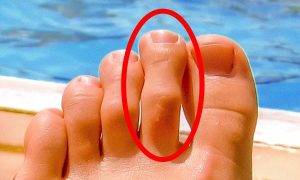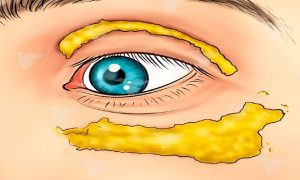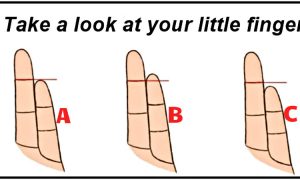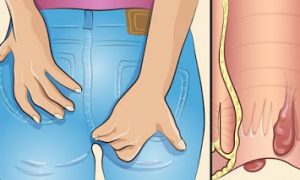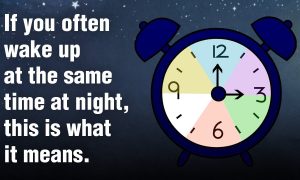Stomach bloating is uncomfortable but it is a normal part of life that can be triggered by the foods we include in our diet.
Bloating occurs when carbohydrates cannot be properly digested by your small intestine, causing your stomach to turn round.
Many people with food allergies experience bloating, so if you often suffer from this condition, you should speak to your doctor.
And if you follow a healthy lifestyle and a balanced diet, this should be enough to control bloating.
But if this condition persists for a long time, there are some foods that may be the cause of bloating, according to nutritionist Nick Hay, who should know and know how they are involved in it.
processed foods
It’s all too easy for us to grab processed foods, a quick sandwich on our lunch break, or even a takeaway after a long, hard day.
Nick says these foods have been altered and processed and will often include nasty binders and chemicals.
And if you eat a lot of processed meals, it can cause your stomach to bloat.
Speaking to Healthista Nick, Nick explained: “Processed foods include soft drinks, cereals, sweets, crisps, cookies, and anything else that nature didn’t create. This means your best bet to help your bloated stomach is to eat foods that are natural or very close to their original natural state like fish, eggs, whole grains, and nuts. Green and dark leafy vegetables.
Wheat
Foods like corn and wheat contain fructans. These are the carbohydrates that many people find difficult to digest.
Fructans are found in products such as bread, pasta, onions, garlic, barley, pistachios and broccoli.
And many people who think their bloated stomach is due to gluten intolerance are actually being bothered by fructans.
Experts say this is because when carbohydrates cannot be absorbed, they are fermented by gut bacteria. This causes gas and bloating.
“In terms of the best foods to avoid, I would suggest starchy, wheat-based foods including bread, pasta, pizza, cereal, crackers, etc.
These foods are usually highly processed and there are a number of ways they contribute to bloating.
Gluten can cause a problem even for those without celiac and wheat is also a high-FODMAP food (short chain carbohydrates that are poorly absorbed in the small intestine).
Sugar
We all love to eat dessert now and then, and Nick said this can be one of the hardest things to eliminate from your diet.
He added, “Too much sugar can lead to an imbalance of beneficial bacteria and harmful bacteria in our intestines, which can lead to bloating and excessive gas.”
He continued, “Fructose, or fruit sugar, is added to many processed foods and may be difficult for many people to digest, leading to bloating. Be aware that sugar substitutes such as sweeteners can cause gas and bloating as well.”
In addition to the actual sugar, Nick said sweeteners should be avoided because they can cause bloating and diarrhea.
dairy
Most dairy products contain lactose, which is difficult for the body to digest. And if you want to beat bloating, you should avoid products like ice cream, cheese, and milk.
Replacing soy-based products may help stop bloating. And people who are lactose intolerant don’t have enough enzymes in their bodies to break down the sugars that most dairy products produce.
High dairy products can also settle in the stomach for a while and can cause unwanted stomach fat.
Bowel obstruction
Both your large and small intestines can become obstructed by tumors, scar tissue, or strictures. Inflammatory diseases, such as Crohn’s disease and diverticulosis, can damage parts of your small intestine, creating strictures that narrow the passage of digestive tract contents.



